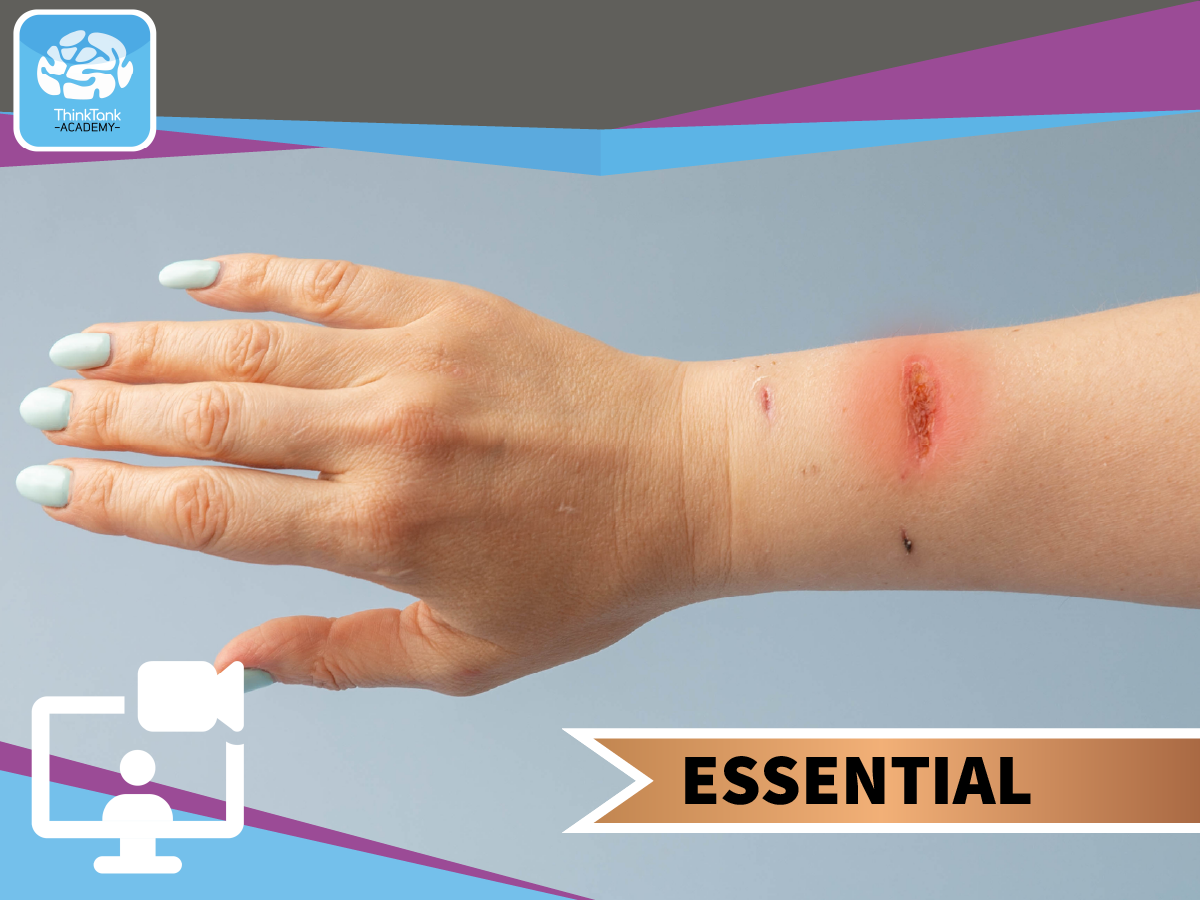
Self-Harm Awareness - Children's Care - Essential Level
Course Overview Self-Harm Awareness - Children's Care - Essential Level training course outlines the basic understanding of self-harm and suicide. It explores ways to prevent and reduce harm caused by children and young people within the work environment. Included are different strategies and techniques to be referred and incorporated into practice. Learners will be able to identify common signs and symptoms of an individual who self-harms as well as be able to relate to the likelihood of individuals to attempt suicide. It has been designed to develop tools and techniques to be used to respond to self-harm and suicide ideation. This course can be delivered in face-to-face classroom environment or a virtual classroom via a webinar: on PC, laptop etc. For mobile phones it is recommended to use the app for IOS or Android devices. Aims & Objectives Give an understanding of self-harm and suicide Understand the associated risk factors Explore harm minimisation and prevention Increase our confidence Provide tools and techniques to respond to suicide ideation and self-harm Resources & Links Course Audience This course is designed for people who work in the social care sector with children and young people who may be at risk of self-harm or suicide.
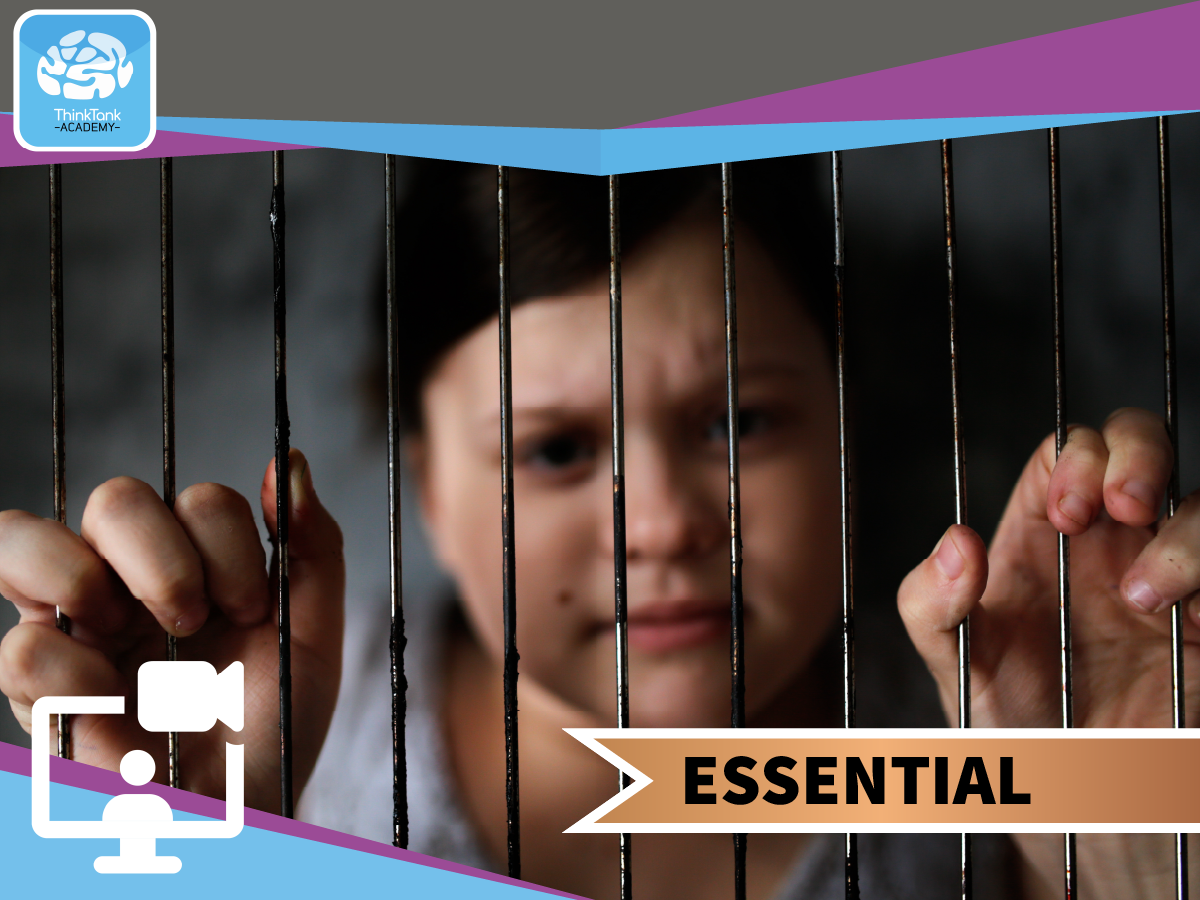

Trauma - Children's Care - Essential Level
Course Overview Trauma - Children's Care - Essential Level training course is designed to aid understanding of Trauma and how it can affect the lives of people long after the event that caused it. An understanding of what causes it will be provided along with techniques and strategies to reduce the negative impact it leaves on people. The activities encourage reflection that can be implemented into practice. Then, the quiz is completed at the end of the course to consolidate learning. A session re-cap is held where the learner can ask any further questions and key factors are stated by the Tutor. Learners are given the opportunity to reflect on what they have gained from the programme. The course features a range of group work, activities and discussions to enhance learner skill development. This training session can be accessed via a link and is accessible from a range of devices including IOS and Android platforms. Aims & Objectives Define Trauma and how the body responds to it Give examples of traumatic experiences and reactions to Trauma Discuss the effects of Trauma on Children and Young People Highlight trauma triggers and responses Give an overview of trauma informed care Discuss that challenges that staff can face and give advice on how to help Children and Young People and the importance of self-care Course Audience Health Care Workers, Social Care Workers, Nursing staff, Day Care/Centre workers, Home Care Staff, Agency staff.
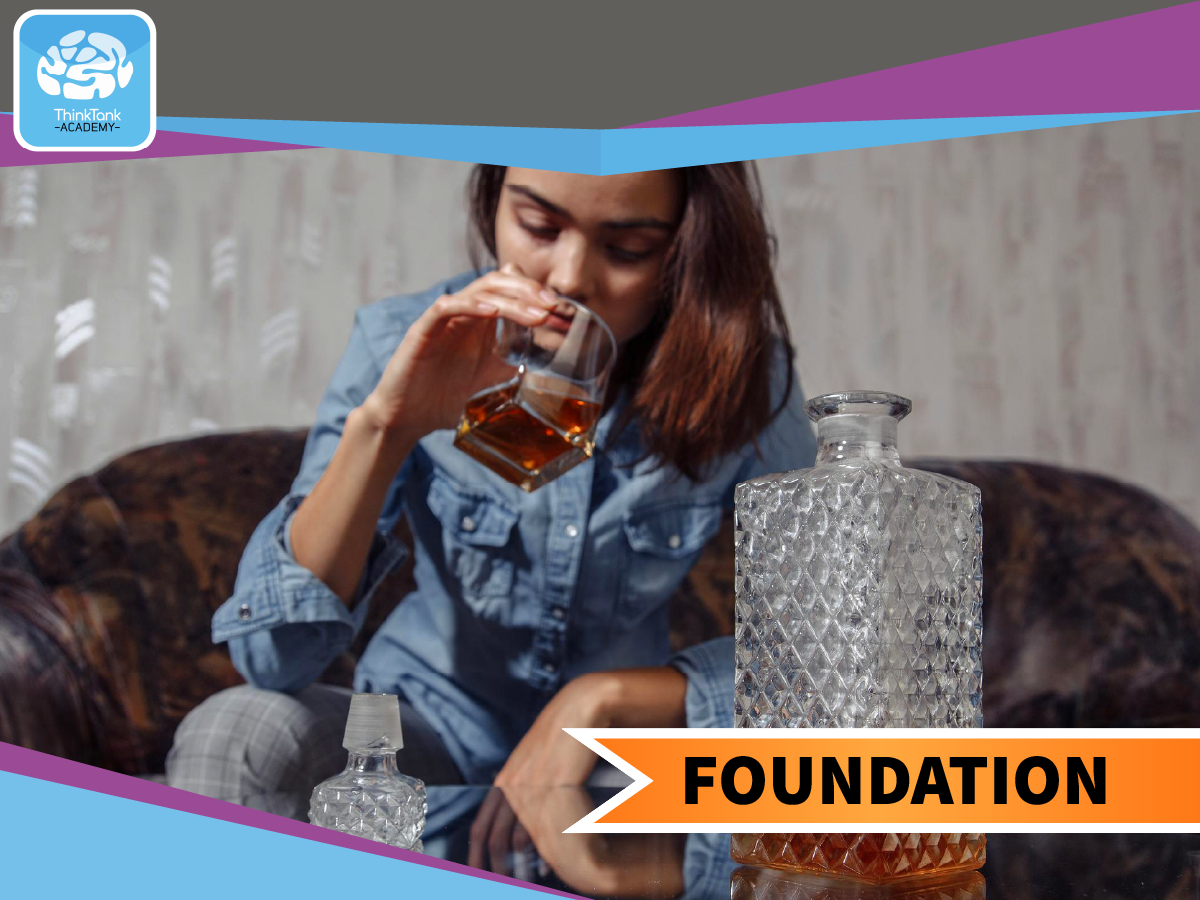


Alcohol Awareness - Children's Care - Foundation Level
Course Overview This course will provide an awareness of the effects of alcohol on Children and Young People and enable support staff to deal with alcohol related incidents in childcare settings. The programme benefits from narrative scenarios and activities with ongoing assessment making it engaging and interactive. This course can be completed via the website, on PC, laptop etc. For mobile phones it is recommended to use the app for IOS or Android devices. Aims & Objectives Help support staff to recognise when somebody is drunk and what to do if they are Identify the short and long-term effects of alcohol Deal with an alcohol related incident in the home Talk to a child or young person about alcohol related issues Recognise changes in behaviour that could point towards a drinking habit Course Audience Health Care Workers, Social Care Workers, Children’s Centre Practitioners, Youth Workers, Education Workers.



Alcohol Awareness - Children's Care - Foundation Level
Course Overview This course will provide an awareness of the effects of alcohol on Children and Young People and enable support staff to deal with alcohol related incidents in childcare settings. The programme benefits from narrative scenarios and activities with ongoing assessment making it engaging and interactive. This course can be completed via the website, on PC, laptop etc. For mobile phones it is recommended to use the app for IOS or Android devices. Aims & Objectives Help support staff to recognise when somebody is drunk and what to do if they are Identify the short and long-term effects of alcohol Deal with an alcohol related incident in the home Talk to a child or young person about alcohol related issues Recognise changes in behaviour that could point towards a drinking habit Course Audience Health Care Workers, Social Care Workers, Children’s Centre Practitioners, Youth Workers, Education Workers.
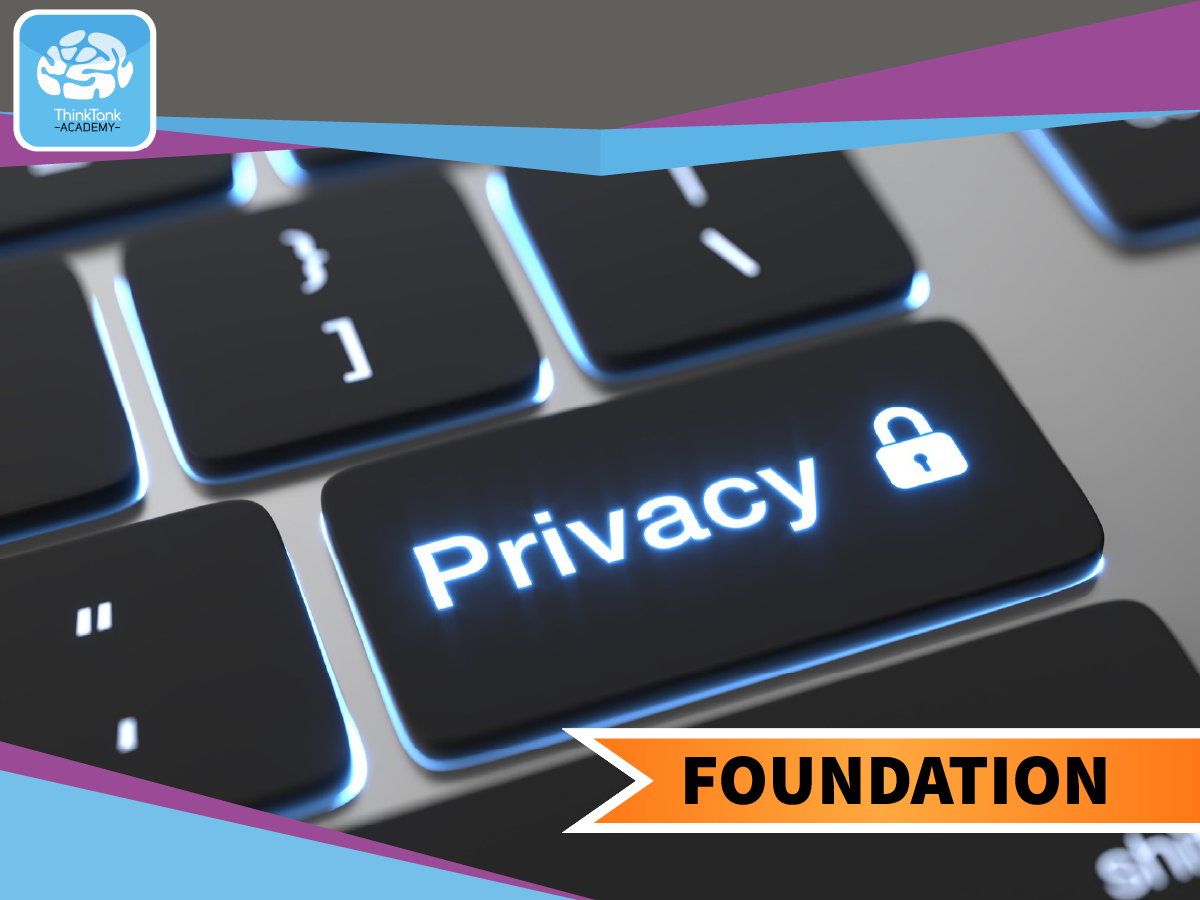


GDPR - Children's Care - Foundation Level
Course Overview This course defines what GDPR is, who it effects and how it affects those who work in the children’s care sector. It explains how to meet GDPR requirements and the rights of an individual over their data. The programme benefits from narrative scenarios and activities with ongoing assessment making it engaging and interactive. This course can be completed via the website, on PC, laptop etc. For mobile phones it is recommended to use the app for IOS or Android devices. Aims & Objectives Improve your understanding of General Data Protection Regulation (GDPR) Explain the history of GDPR Identify different roles within GDPR Identify the basic rights of an individual Describe GDPR special categories Improve your understanding of GDPR principles Course Audience Health Care Workers, Social Care Workers, Nursing staff, Day Care/Centre workers, Home Care Staff, Agency staff.
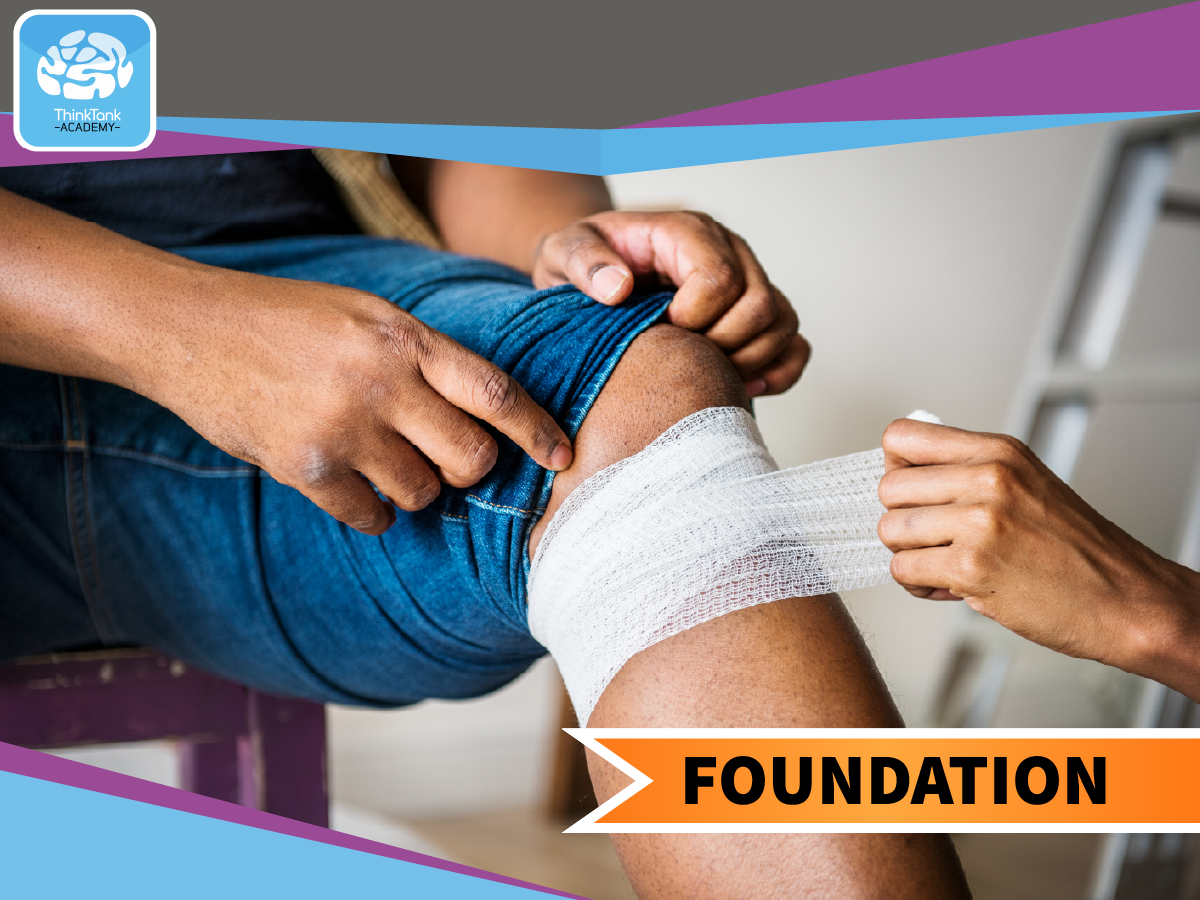

First Aid Awareness - Children's Care - Foundation Level
Course Overview This course introduces basic first aid principles in children’s care, what to do in a variety of emergency situations, how to treat different injuries and where to get help. The programme benefits from narrative scenarios and activities with ongoing assessment making it engaging and interactive. This training session can be accessed via a link and is accessible from a range of devices including IOS and Android platforms. Aims & Objectives Introduce you to the three principles of first aid Explain what a primary survey is Help you recognise the importance of communication Give details of CPR and the recovery position Identify a variety of first aid issues Give information on how to manage different situations Describe the contents of a first aid kit Course Audience This is a cross sector course and will benefit all professional’s, frontline workers and leaders working with children and young people.



GDPR - Children's Care - Foundation Level
Course Overview This course defines what GDPR is, who it effects and how it affects those who work in the children’s care sector. It explains how to meet GDPR requirements and the rights of an individual over their data. The programme benefits from narrative scenarios and activities with ongoing assessment making it engaging and interactive. This course can be completed via the website, on PC, laptop etc. For mobile phones it is recommended to use the app for IOS or Android devices. Aims & Objectives Improve your understanding of General Data Protection Regulation (GDPR) Explain the history of GDPR Identify different roles within GDPR Identify the basic rights of an individual Describe GDPR special categories Improve your understanding of GDPR principles Course Audience Health Care Workers, Social Care Workers, Nursing staff, Day Care/Centre workers, Home Care Staff, Agency staff.
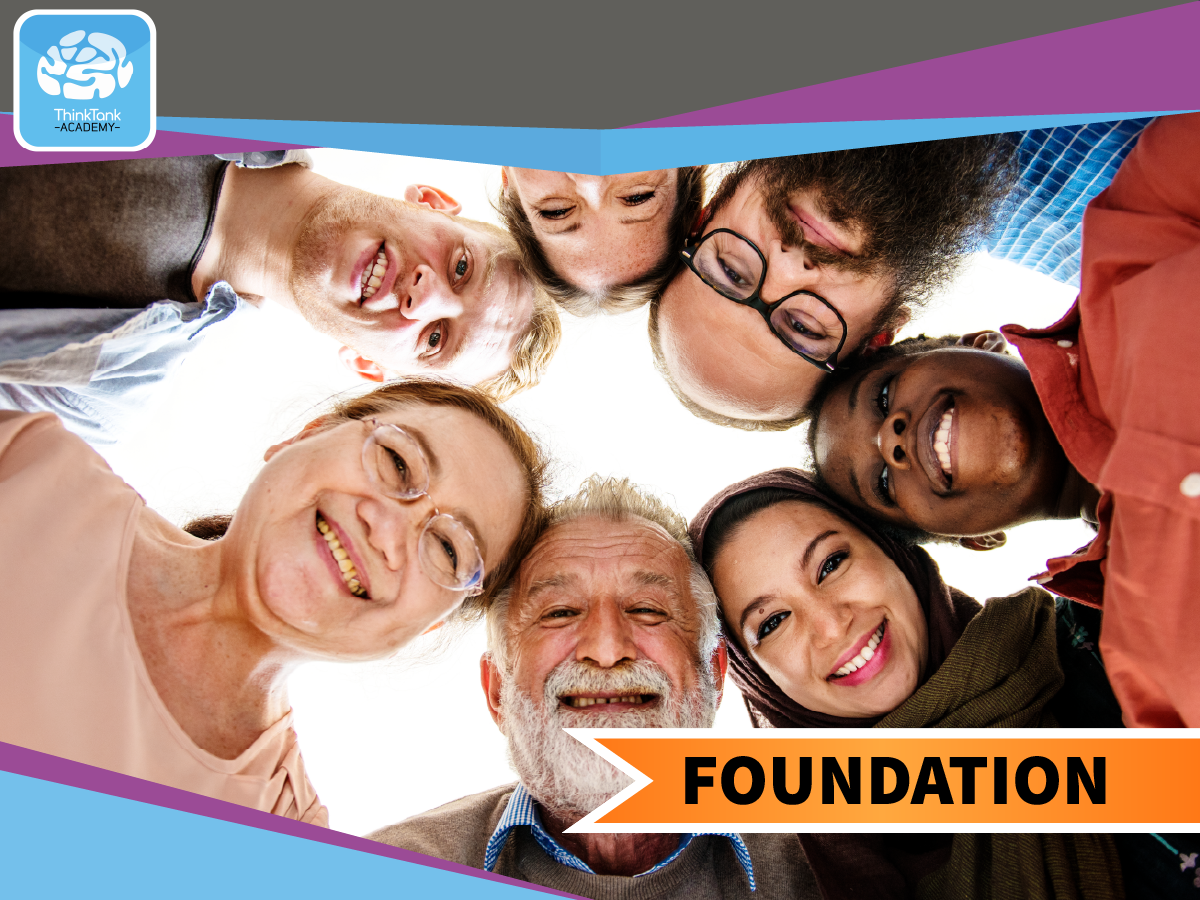

Equality and Diversity - Children's Care - Foundation Level
Course Overview This course raises awareness of discrimination in and out of the workplace. The learner will be supported to understand forms of discrimination and how to respond to different types of discrimination. Advice and practical competency tips will be provided to the learner to help them create an inclusive culture within the workplace and how to promote different diversity needs within the workplace. The programme benefits from narrative scenarios and activities with ongoing assessment making it engaging and interactive. This course can be completed via the website, on PC, laptop etc. For mobile phones it is recommended to use the app for IOS or Android devices. Aims & Objectives Define the terms Equality and Diversity Provide an overview of legislation relating to Equality and Diversity Explain how legislation is implemented in the workplace Provide examples of how Equality and Diversity can be promoted Highlight the importance of dealing with discrimination Understand the importance of prevention Course Audience Health Care Workers, Social Care Workers, Children’s Centre Practitioners, Youth Workers, Education Workers


Food Safety Awareness - Adult and Children's Care - Essential Level
Course Overview Food Safety Awareness - Adult and Children's Care - Essential Level training course is directed at staff who work with young people and vulnerable adults in the preparation of food. It provides advice on the responsibilities that sit with staff at work both legal and expectations in common practice. It highlights the different types of food poisoning and dispenses relevant information to protect people from food poisoning and other hazards related to food safety such as storing food correctly and cross contamination. It aims to provide staff with the confidence to prepare food safely. This course can be delivered in face-to-face classroom environment or a virtual classroom via a webinar: on PC, laptop etc. For mobile phones it is recommended to use the app for IOS or Android devices. Aims and Objectives Enable you to provide young people and vulnerable adults with food that is safe to eat Discuss Food Safety Responsibilities Raise awareness of how to prevent Food Poisoning Give advice on how to store foods and avoid cross contamination Enable you to apply best practice in Food Hygiene Course Audience This course is designed for Practitioners working with Children, Young People, and Vulnerable Adults that prepare food.



Recording and Reporting - Children's Care - Essential Level
Course Overview This course is designed to improve recording and reporting practices in children's health and social care sector. All major high profile serious case reviews have found that recording mistakes were present. The course identifies correct practice and processes for the handling, storing and processing of data including the GDPR legislation and what must be recorded and how by distinguishing the differences between fact, opinion and judgement for professional documentation. It also provides guidance for effective and sufficient reporting of incidents within a care setting. The positive aspects of recording such as Life story Work which is imperative for identity purposes of the Children and Young People that we work with are included. This course can be delivered in face-to-face classroom environment or a virtual classroom via a webinar: on PC, laptop etc. For mobile phones it is recommended to use the app for IOS or Android devices. Aims & Objectives Describe why reports have to be written Explain the meaning of ‘ethical writing’ Identify what to include in reports Recognise the difference between fact, opinion, judgement and hearsay Display documentation Course Audience This course is designed for Practitioners working with Families or Children and Young People.
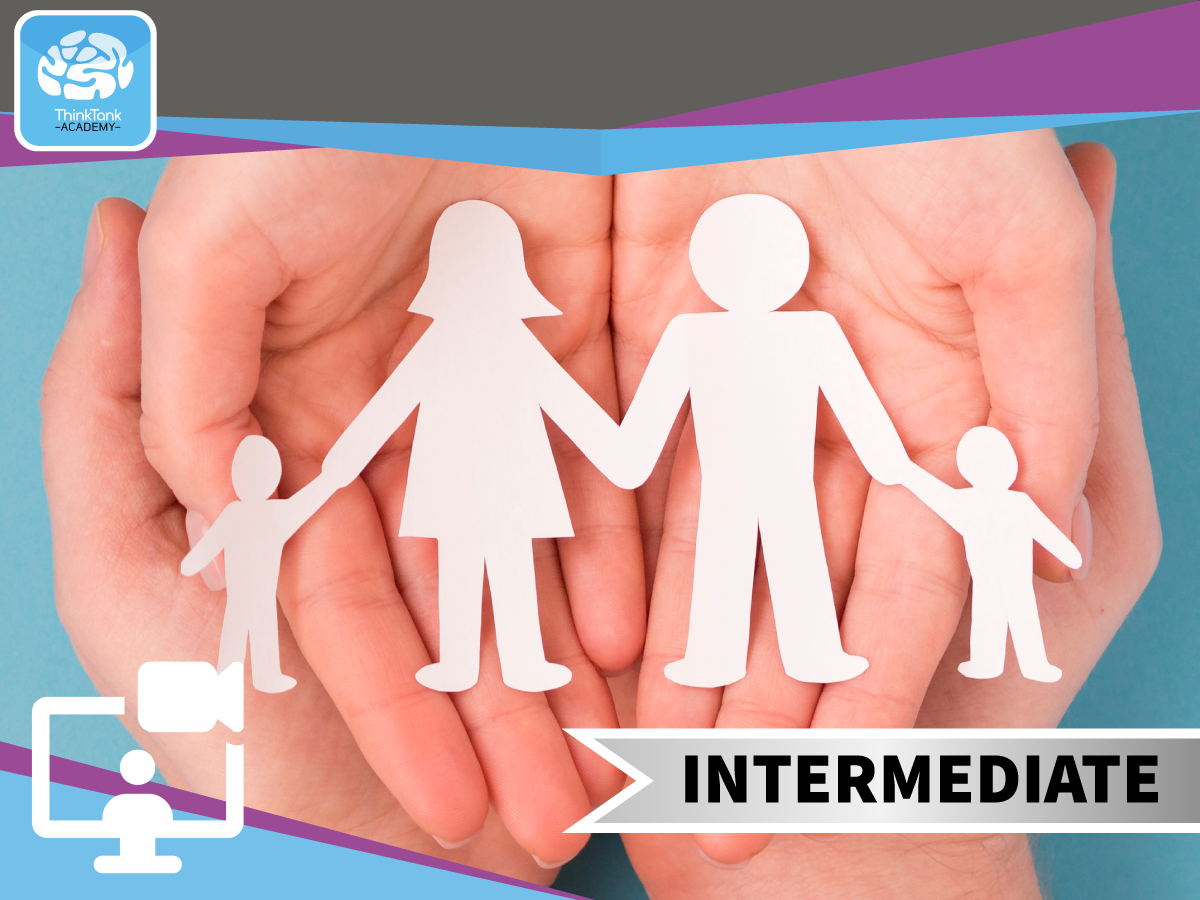

Safeguarding Children - Children's Care - Intermediate Level
Course Overview Safeguarding Children - Children's Care - Intermediate Level training course provides progression from the Safeguarding Children’s Essential Level course. This is a training session for people working with children. This course is for those working in children's residential care in order for them to have an understanding of the requirements around safeguarding, identifying abuse, being able to respond appropriately in situations where abuse is likely to occur and recognising the importance of reporting any suspected incidents. The course features a range of group work, activities and discussions to enhance learner skill development. This course offers a blended learning approach including a short scenario, a workbook, infographics and a classroom style training session. This course can be delivered in face-to-face classroom environment or a virtual classroom via a webinar: on PC, laptop etc. For mobile phones it is recommended to use the app for IOS or Android devices. Aims & Objectives Looks at legislation, guidance, policy and procedure relating to safeguarding Identifies points regarding making safeguarding personal Enables trainees to give examples and identify signs of possible abuse Understands how to report and respond to disclosures of abuse and how to support children at risk who make a disclosure Identifies the role of other agencies and who to contact Understands how to manage practice that helps to safeguard individuals from harm or abuse and also explain policy regarding monitoring Course Audience Psychologists, Teachers, Speech Therapists, Learning Support Assistants, Residential Social Workers, Health Care Workers, Social Care Workers, Support Centre Practitioners, Youth Workers, Support Worker, Nursing Staff, Children’s Residential Care Workers, Education workers.


ADHD Awareness - Children's Care - Essential Level
Course Overview ADHD - Children's Care - Essential Level training course intends to provide learners with knowledge and understanding of what ADHD is and what it presents as. It includes the different types of ADHD and describes ineffectiveness, hyperactivity and impulsiveness and discusses the causes. Legislation and interventions are included that can be followed in the workplace. The activities encourage reflection that can be implemented into practice. There is a quiz to complete at the end of the course to consolidate learning. A session re-cap is held where the learner can ask any further questions and key factors are stated by the tutor. Learners are given the opportunity to evaluate their learning experience. This course can be delivered in face-to-face classroom environment or a virtual classroom via a webinar: on PC, laptop etc. For mobile phones it is recommended to use the app for IOS or Android devices. Aims & Objectives Have a basic understanding of what ADHD is Understand how as a carer we support a child or young person with ADHD ADHD and their types Girls and Boys and the effects Causes of ADHD Theory behind ADHD How is ADHD diagnosed Course Audience Practitioners in the health and social care sector.


County Lines - Children's Care - Essential Level
Course Overview County Lines - Children's Care - Essential Level training course is for people working with Children and Young People who are victims of County Lines abuse. This course aims to raise awareness of County Lines and give an insight into what County Lines consists of, what forms this takes and the terminology that is used within this. The learner will also break down the various components of County Lines, the impact that this has and the importance of Social Media and mobile devices in setting up and maintaining County Lines which will help the learner to understand signs and behaviours associated with it. The course features a range of group work, activities and discussions to enhance learner skill development. This course can be delivered in face-to-face classroom environment or a virtual classroom via a webinar: on PC, laptop etc. For mobile phones it is recommended to use the app for IOS or Android devices. Aims & Objectives Help the learner to understand and support children involved in County Lines abuse To identify terminology and prevalence rates of exploitation To discuss and breakdown Gang Violence within County Lines Examine associated behaviours and needs Highlight the impact on the well-being of children Explore process and policy in relation to reporting County Lines concerns Provide advice on how to report and record County Lines activity Course Audience Health Care Workers, Social Care Workers, Children’s Centre Practitioners, Youth Workers, Education Workers, Police and Probation staff, Hospitality Staff
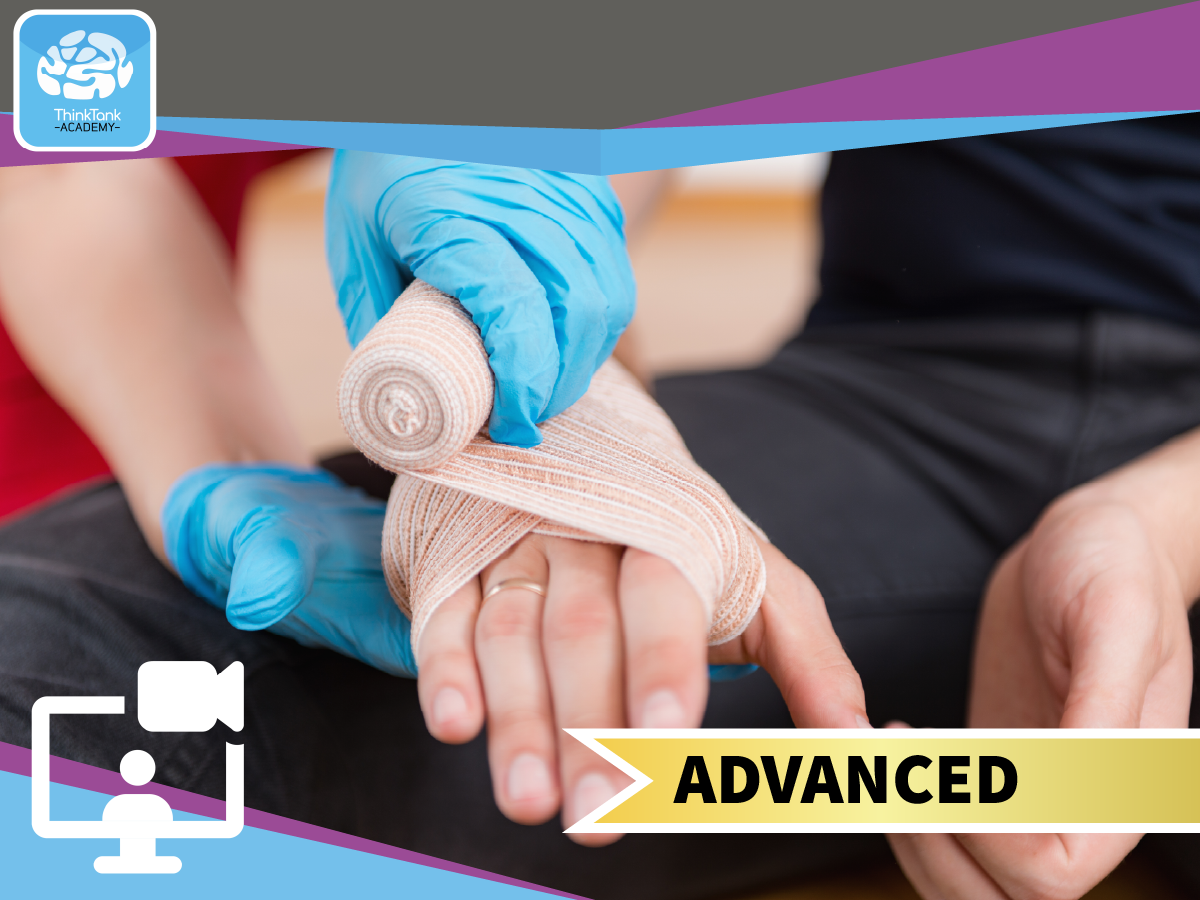

First Aid at Work - Adult and Children's Care - Advanced Level
Course Description First Aid at Work - Adult and Children's Care - Advanced Level - 2 Day Course training course is designed specifically to train people face to face, who are required to be First Aiders at Work. It includes all aspects of First Aid including CPR and the use of defibrillators. It gives an in-depth insight into various illnesses, diseases, conditions, and injuries that are commonly seen in the workplace. There is an element of both practical competency and First Aid knowledge included which gives the learners the best chance possible of helping a person who is injured, the prevention of further injuries and even saving lives. The use of equipment is involved in the course along with demonstrations of treating and bandaging injuries and wounds, stemming bleeds and how to deal with a person who is choking. This course can be delivered in face-to-face classroom environment or a virtual classroom via a webinar: on PC, laptop etc. For mobile phones it is recommended to use the app for IOS or Android devices. Aims and Objectives To provide candidates with the knowledge and expertise to qualify as a first aider within the workplace Describe your actions in an emergency Demonstrate the management of the unresponsive casualty Demonstrate adult resuscitation including use of the AED Describe how to recognise and treat bleeding and shock Explain the management of adult choking Explain the treatment of minor and major injuries Course Audience This course is designed for anyone who is required to be a First Aider in the Workplace.
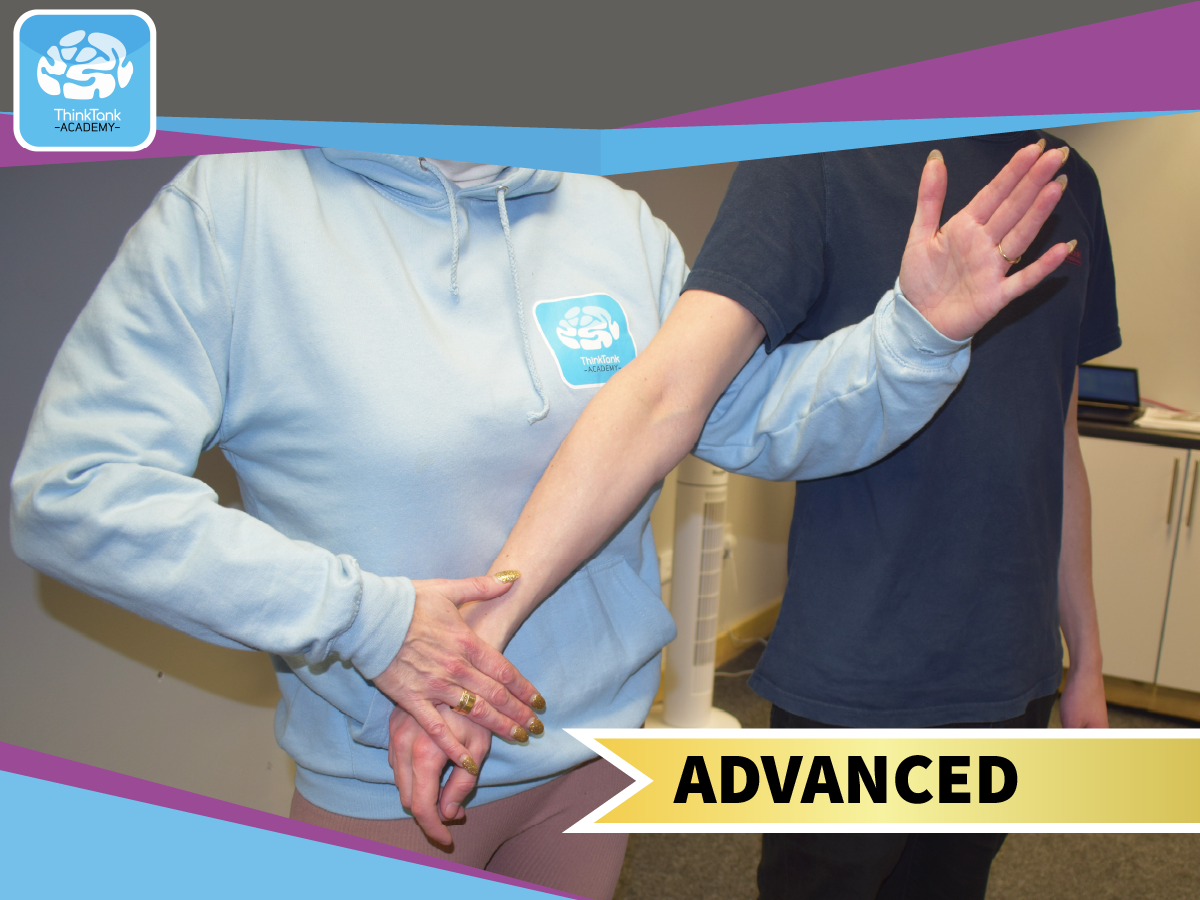


T.A.N.K. Positive Behaviour Support and Physical Intervention - Children's Care - Advanced Level
T.A.N.K. Positive Behaviour Support and Physical Intervention - Children's Care - Advanced Level THINK – ASSESS – NURTURE – KEEP CONTROL Course Overview T.A.N.K. is two-day, classroom-based training programme, designed specifically to help people working with children and vulnerable adults, who can often display challenging behaviour whilst in crisis. T.A.N.K. focuses on developing an understanding of how this behaviour can present itself in the care environment. It provides both theoretical and practical skills to help delegates respond positively employing strategies and interventions that can safely de-escalate situation, minimising the risk to themselves and young person. Delegates are supported to analyse different behaviours, dynamically risk manage situations, considering strategies and interventions to safely manage behaviour. Delegates will analyse and reflect on relationship between trauma attachment, mood, and behaviour leading to long-term improvement. The course features group work, practical activities, and discussion to enhance skills development. Our highly experienced Trainers are passionately dedicated to reducing the use of physical restraints, and although the use of restraints and physical intervention are included, this is as a last resort, only using these when all other strategies have proved unsuccessful. Aims and Objectives Interventions which impact positively on the delegate and the people they support Demonstrate how to positively reinforce good behaviour Reflect on positive and negative consequences of behaviour Provide a toolkit that delegates can use to provide safe and meaningful intervention Introduce the concept of social reinforcement and how this can work in care and support environments Course Audience Residential Care Workers, Health Care Workers, Social Care Workers, Children’s Centre Practitioners, Youth Workers, Teachers and Early Years Practitioners
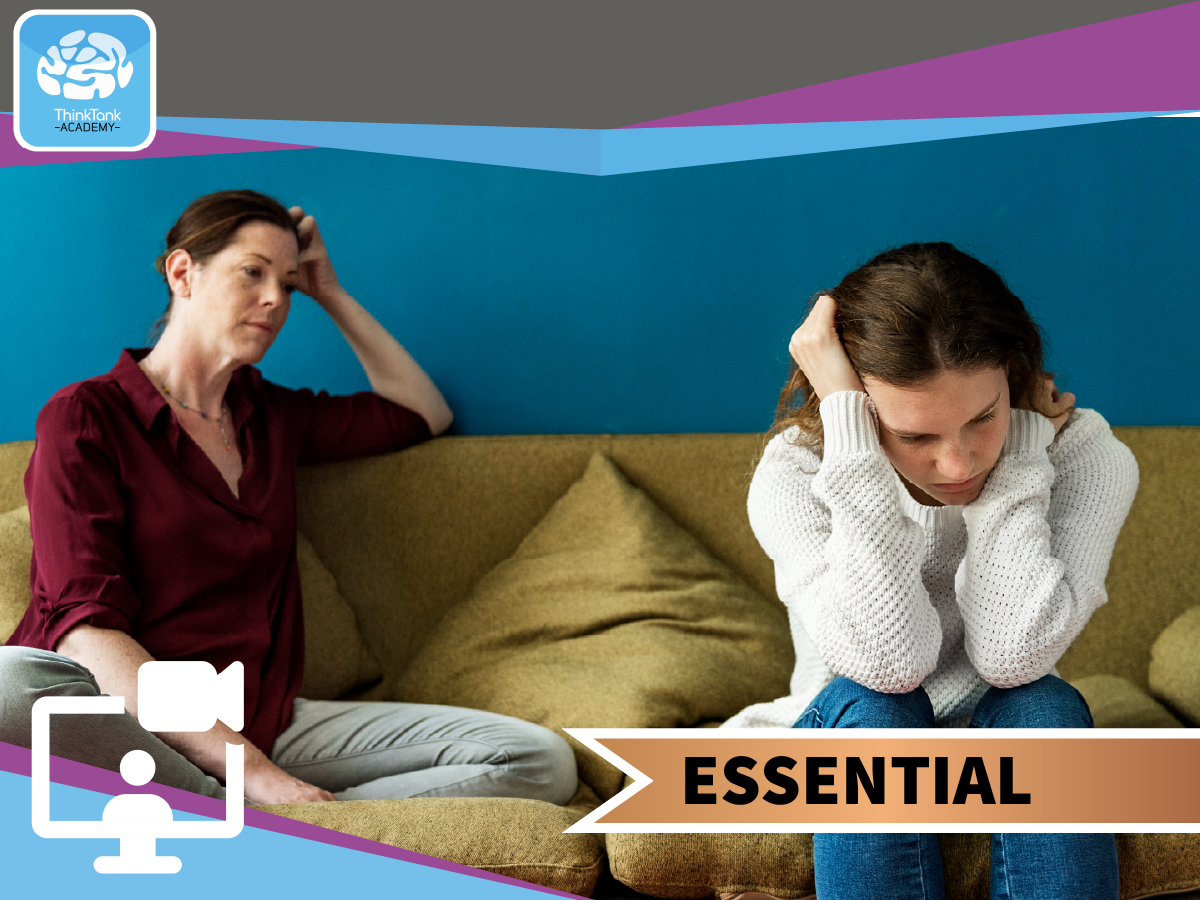



Attachment - Children's Care - Essential Level
Course Overview Attachment - Children's Care - Essential Level training course aims to provide learners with an understanding and awareness of Attachment and encourages each learner to reflect on their own personal attachments and their practice in relation to working with individuals with Attachment Disorders. The course explores the background of Attachment and how early Theorists developed the concepts that underpin Attachment Theory that we still use today. The course features a range of group work, activities and discussions to enhance learner skill development. This course can be delivered in face-to-face classroom environment or a virtual classroom via a webinar: on PC, laptop etc. For mobile phones it is recommended to use the app for IOS or Android devices. Aims & Objectives Define Attachment Disorder Be aware of the underpinning theory of Attachment Identify barriers for Children with insecure attachments Recognise and manage behaviours linked to negative attachments Suggest Strategies to support children with poor Attachments Course Audience Health Care Workers, Social Care Workers, Children’s Centre Practitioners, Education Support Staff and Youth Workers




Self-Harm Awareness - Children's Care - Essential Level
Course Overview Self-Harm Awareness - Children's Care - Essential Level training course outlines the basic understanding of self-harm and suicide. It explores ways to prevent and reduce harm caused by children and young people within the work environment. Included are different strategies and techniques to be referred and incorporated into practice. Learners will be able to identify common signs and symptoms of an individual who self-harms as well as be able to relate to the likelihood of individuals to attempt suicide. It has been designed to develop tools and techniques to be used to respond to self-harm and suicide ideation. This course can be delivered in face-to-face classroom environment or a virtual classroom via a webinar: on PC, laptop etc. For mobile phones it is recommended to use the app for IOS or Android devices. Aims & Objectives Give an understanding of self-harm and suicide Understand the associated risk factors Explore harm minimisation and prevention Increase our confidence Provide tools and techniques to respond to suicide ideation and self-harm Resources & Links Course Audience This course is designed for people who work in the social care sector with children and young people who may be at risk of self-harm or suicide.
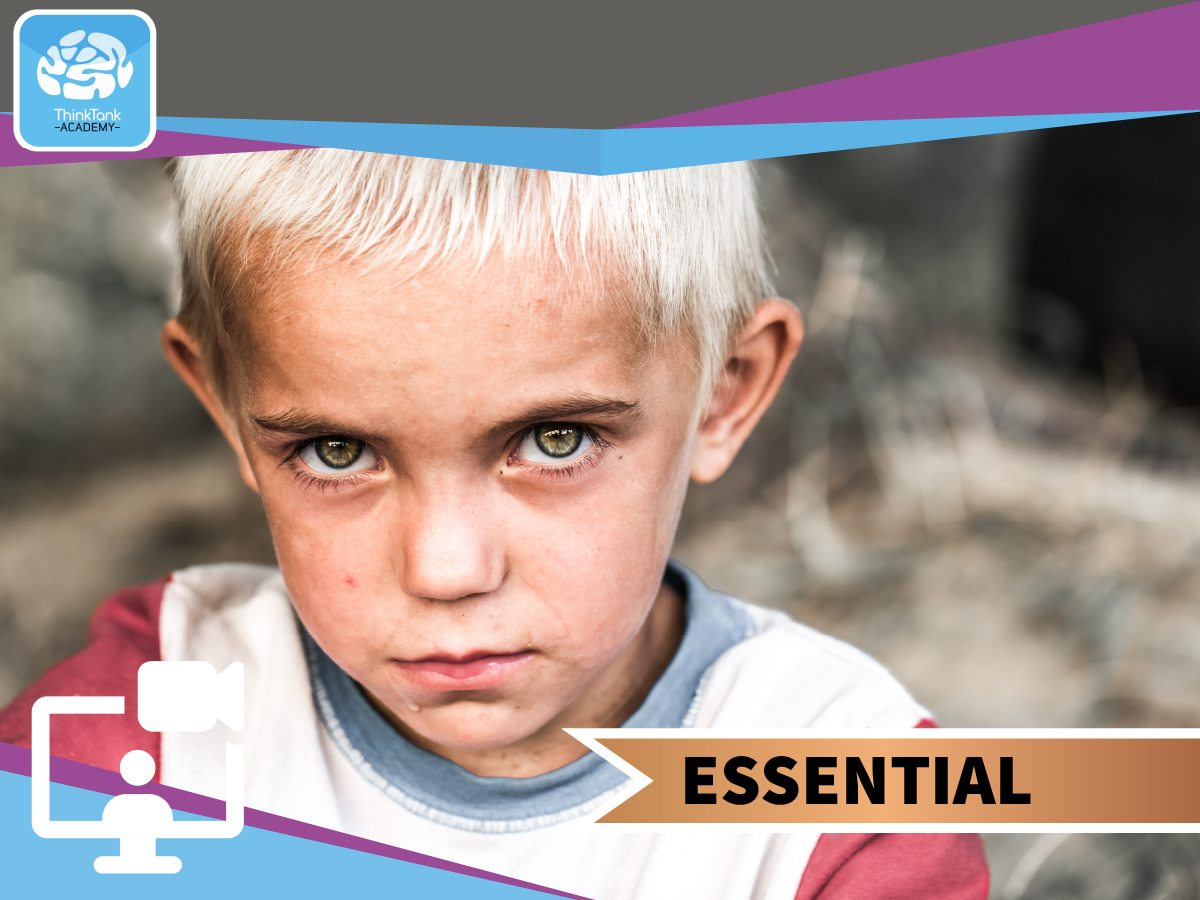

Exploitation Awareness - Children's Care - Essential Level
Course Overview Exploitation Awareness - Children's Care - Essential Level training course is designed to highlight the fact that Child Exploitation refers to a child or young person being used for someone else’s gain and that Child exploitation is a form of abuse which can involve sexual, abusive or manipulative behaviour. This course supports practitioners to recognise the indicators and respond appropriately to individuals that are being Exploited. It includes the ‘grooming process’ and how perpetrators manipulate young people into inappropriate relationships and risky behaviours It incorporates the relevant legislation around Exploitation and provides advice on how to support children and young people who have suffered this type of abuse and some excellent resources around Exploitation and who we can signpost to. This course can be delivered in face-to-face classroom environment or a virtual classroom via a webinar: on PC, laptop etc. For mobile phones it is recommended to use the app for IOS or Android devices. Aims and Objectives Give an understanding of the scale of the issue CSE and CCE Include a background of exploitation Recognise the stages of grooming Identify the signs of CSE and CCE Recognise the lessons learned from the Rotherham Raise awareness of County lines Push/ Pull Factors Protocols Resources & Links Course Audience All practitioners that engage with Children and Young People in the workplace (sports, education, health and social care, criminal justice, hospitality, retail, Guides/ Scouts, Volunteers etc).
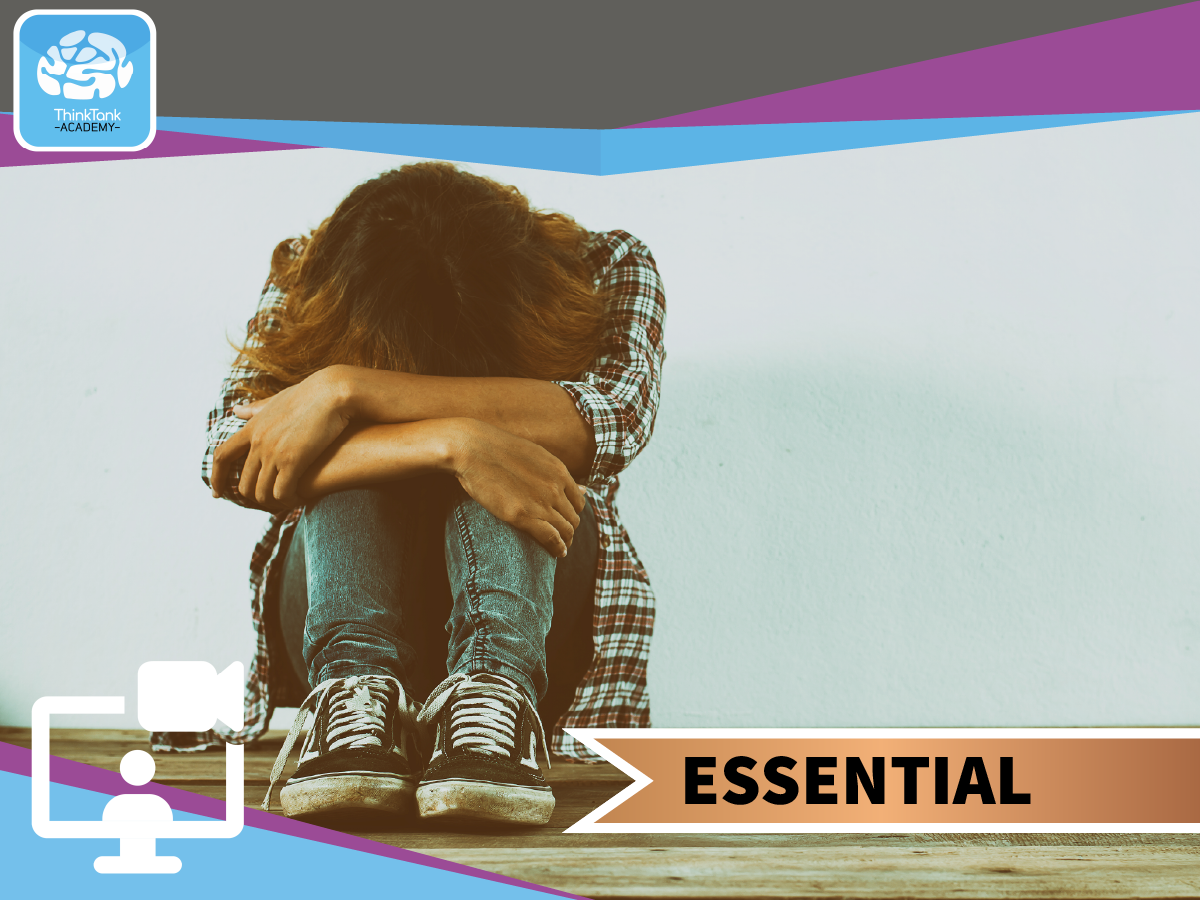

Child Sexual Exploitation - Children's Care - Essential Level
Course Overview This is a training session for people working with Children and Young People who are victims of Sexual Exploitation. This course aims to raise awareness of the differences between Child Sexual Exploitation and other forms of abuse. It will provide learners with an understanding and awareness of the impact and prevalence of sexual exploitation and how victims are identified and targeted. It will outline the stages of grooming and will discuss the lessons learned from the Serious Case Reviews. The course features a range of group work, activities and discussions to enhance learner skill development. This course offers a blended learning approach including a short scenario, a workbook and infographics to enhance the learning experience. This course can be delivered in face-to-face classroom environment or a virtual classroom via a webinar: on PC, laptop etc. For mobile phones it is recommended to use the app for IOS or Android devices. Aims & Objectives Help the learner to differentiate between Sexual Exploitation and other forms of abuse To form an understanding of the scale and prevalence of Sexual Exploitation within society To identify the stages of Grooming To demonstrate an understanding of best practice Course Audience Health Care Workers, Social Care Workers, Children’s Centre Practitioners, Youth Workers, Education Workers and Police/ Probation staff



Recording and Reporting - Children's Care - Essential Level
Course Overview This course is designed to improve recording and reporting practices in children's health and social care sector. All major high profile serious case reviews have found that recording mistakes were present. The course identifies correct practice and processes for the handling, storing and processing of data including the GDPR legislation and what must be recorded and how by distinguishing the differences between fact, opinion and judgement for professional documentation. It also provides guidance for effective and sufficient reporting of incidents within a care setting. The positive aspects of recording such as Life story Work which is imperative for identity purposes of the Children and Young People that we work with are included. This course can be delivered in face-to-face classroom environment or a virtual classroom via a webinar: on PC, laptop etc. For mobile phones it is recommended to use the app for IOS or Android devices. Aims & Objectives Describe why reports have to be written Explain the meaning of ‘ethical writing’ Identify what to include in reports Recognise the difference between fact, opinion, judgement and hearsay Display documentation Course Audience This course is designed for Practitioners working with Families or Children and Young People.
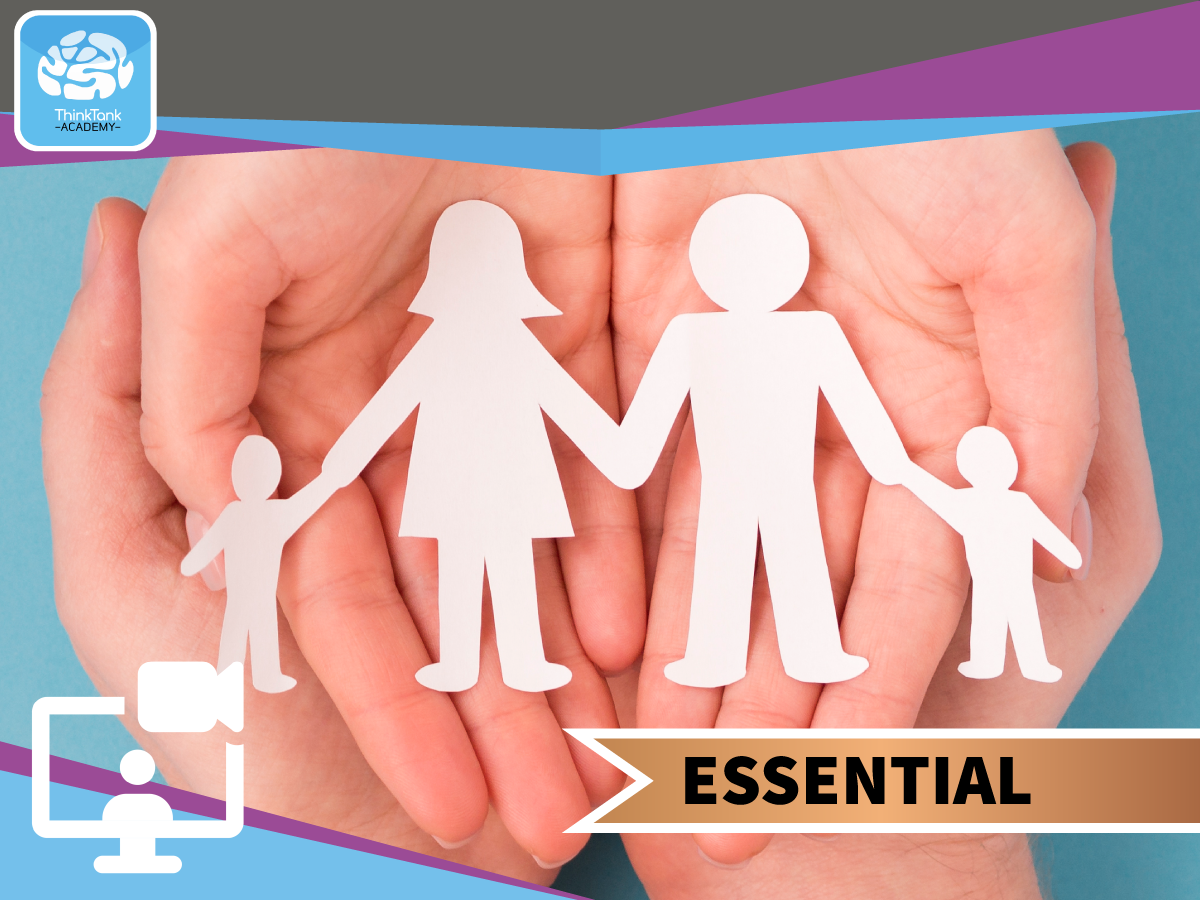

Safeguarding Children - Children's Care - Essential Level
Course Overview This course provides progression from the Safeguarding Children Foundation Level Online course. This is a training session for people working with children and young people. Learners will be encouraged to think about their responsibilities in safeguarding, the process to follow when allegations and disclosures are made and how to respond to poor practice. The course features a range of group work, activities and discussions to enhance learner skill development. This training session can be accessed via a link and is accessible from a range of devices including IOS and Android platforms. This course offers a blended learning approach including a short scenario, a workbook, infographics and a classroom style training session. Aims & Objectives Understanding what Safeguarding means in relation to Children Identify why children are vulnerable and what the signs and indicators are Understand how to respond and record and what needs to be reported Identify what poor practice and what unsafe practice looks like Understand how to whistle blow and what this means Introduce the Complaints Procedure and policies in relation to this Course Audience Health Care Workers, Social Care Workers, Support Centre Practitioners, Youth Workers, Children’s Support Worker, Nursing Staff, Residential Care Staff, Teachers, Psychologists and Assistants, Nursery Workers




Attachment - Children's Care - Essential Level
Course Overview Attachment - Children's Care - Essential Level training course aims to provide learners with an understanding and awareness of Attachment and encourages each learner to reflect on their own personal attachments and their practice in relation to working with individuals with Attachment Disorders. The course explores the background of Attachment and how early Theorists developed the concepts that underpin Attachment Theory that we still use today. The course features a range of group work, activities and discussions to enhance learner skill development. This course can be delivered in face-to-face classroom environment or a virtual classroom via a webinar: on PC, laptop etc. For mobile phones it is recommended to use the app for IOS or Android devices. Aims & Objectives Define Attachment Disorder Be aware of the underpinning theory of Attachment Identify barriers for Children with insecure attachments Recognise and manage behaviours linked to negative attachments Suggest Strategies to support children with poor Attachments Course Audience Health Care Workers, Social Care Workers, Children’s Centre Practitioners, Education Support Staff and Youth Workers




Self-Harm Awareness - Children's Care - Essential Level
Course Overview Self-Harm Awareness - Children's Care - Essential Level training course outlines the basic understanding of self-harm and suicide. It explores ways to prevent and reduce harm caused by children and young people within the work environment. Included are different strategies and techniques to be referred and incorporated into practice. Learners will be able to identify common signs and symptoms of an individual who self-harms as well as be able to relate to the likelihood of individuals to attempt suicide. It has been designed to develop tools and techniques to be used to respond to self-harm and suicide ideation. This course can be delivered in face-to-face classroom environment or a virtual classroom via a webinar: on PC, laptop etc. For mobile phones it is recommended to use the app for IOS or Android devices. Aims & Objectives Give an understanding of self-harm and suicide Understand the associated risk factors Explore harm minimisation and prevention Increase our confidence Provide tools and techniques to respond to suicide ideation and self-harm Resources & Links Course Audience This course is designed for people who work in the social care sector with children and young people who may be at risk of self-harm or suicide.



T.A.N.K. Positive Behaviour Support and Physical Intervention - Children's Care - Advanced Level
T.A.N.K. Positive Behaviour Support and Physical Intervention - Children's Care - Advanced Level THINK – ASSESS – NURTURE – KEEP CONTROL Course Overview T.A.N.K. is two-day, classroom-based training programme, designed specifically to help people working with children and vulnerable adults, who can often display challenging behaviour whilst in crisis. T.A.N.K. focuses on developing an understanding of how this behaviour can present itself in the care environment. It provides both theoretical and practical skills to help delegates respond positively employing strategies and interventions that can safely de-escalate situation, minimising the risk to themselves and young person. Delegates are supported to analyse different behaviours, dynamically risk manage situations, considering strategies and interventions to safely manage behaviour. Delegates will analyse and reflect on relationship between trauma attachment, mood, and behaviour leading to long-term improvement. The course features group work, practical activities, and discussion to enhance skills development. Our highly experienced Trainers are passionately dedicated to reducing the use of physical restraints, and although the use of restraints and physical intervention are included, this is as a last resort, only using these when all other strategies have proved unsuccessful. Aims and Objectives Interventions which impact positively on the delegate and the people they support Demonstrate how to positively reinforce good behaviour Reflect on positive and negative consequences of behaviour Provide a toolkit that delegates can use to provide safe and meaningful intervention Introduce the concept of social reinforcement and how this can work in care and support environments Course Audience Residential Care Workers, Health Care Workers, Social Care Workers, Children’s Centre Practitioners, Youth Workers, Teachers and Early Years Practitioners




Attachment - Children's Care - Essential Level
Course Overview Attachment - Children's Care - Essential Level training course aims to provide learners with an understanding and awareness of Attachment and encourages each learner to reflect on their own personal attachments and their practice in relation to working with individuals with Attachment Disorders. The course explores the background of Attachment and how early Theorists developed the concepts that underpin Attachment Theory that we still use today. The course features a range of group work, activities and discussions to enhance learner skill development. This course can be delivered in face-to-face classroom environment or a virtual classroom via a webinar: on PC, laptop etc. For mobile phones it is recommended to use the app for IOS or Android devices. Aims & Objectives Define Attachment Disorder Be aware of the underpinning theory of Attachment Identify barriers for Children with insecure attachments Recognise and manage behaviours linked to negative attachments Suggest Strategies to support children with poor Attachments Course Audience Health Care Workers, Social Care Workers, Children’s Centre Practitioners, Education Support Staff and Youth Workers